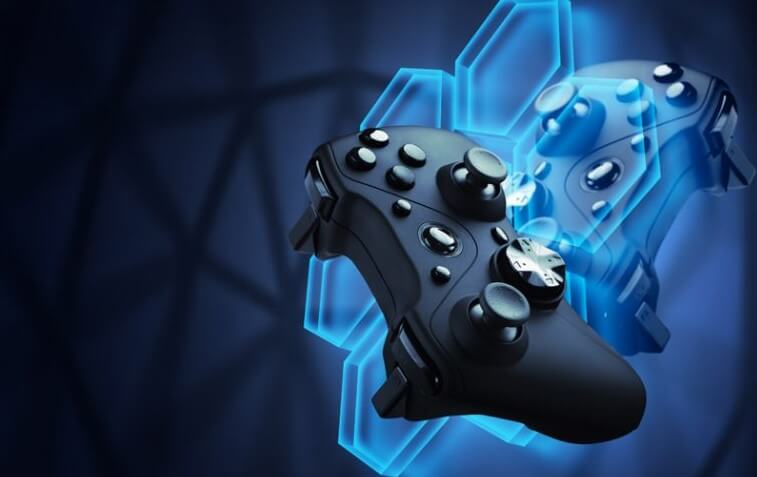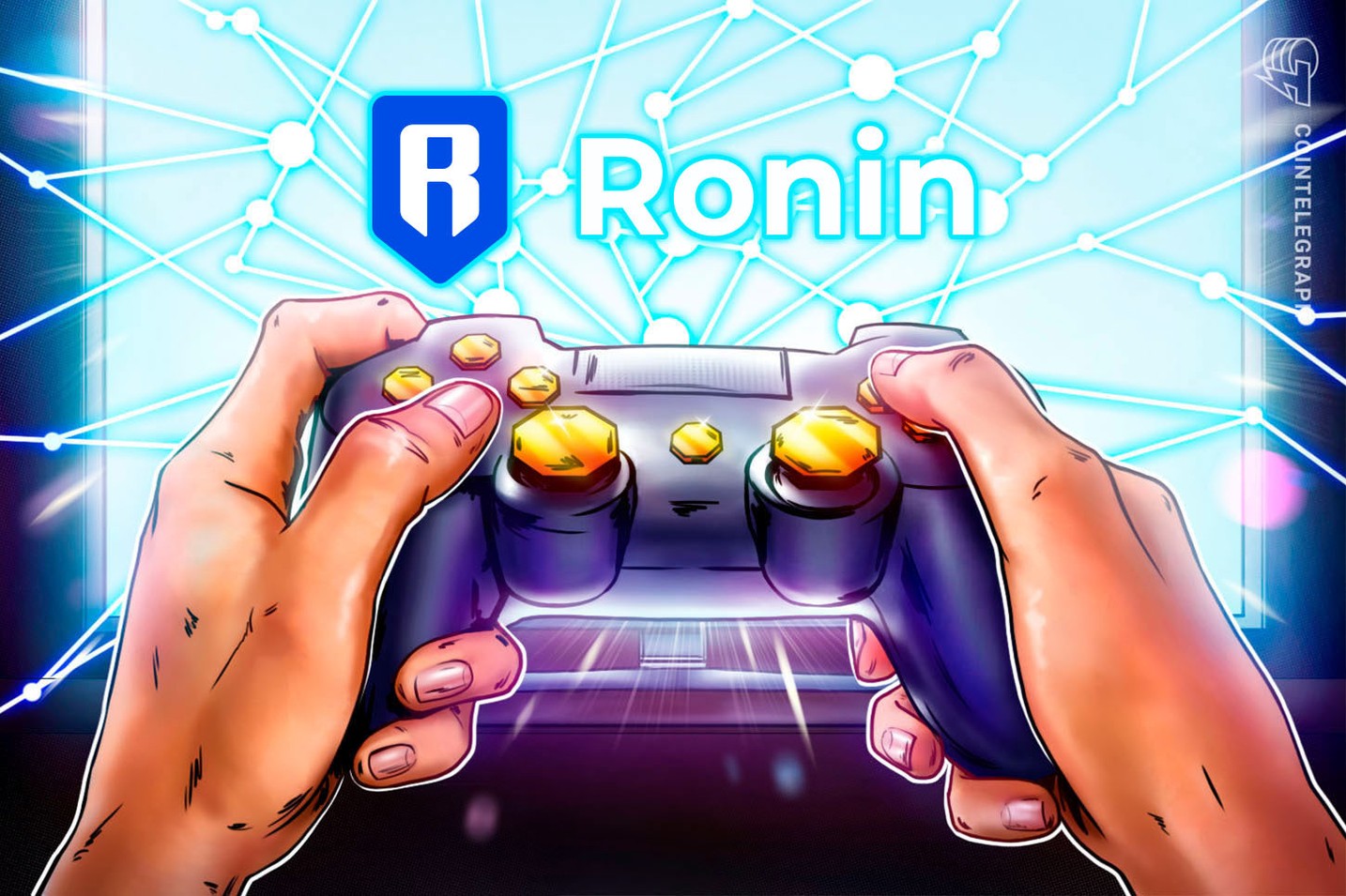Blockchain technology has ushered in a revolutionary era in the gaming industry. This transformative innovation has brought both advantages and challenges to the forefront. On one hand, blockchain’s immutable records ensure secure and transparent in-game transactions. Decentralization eliminates the need for central authorities, minimizing the risk of censorship and surveillance.
Smart contracts streamline processes and enhance trust in contractual agreements. Tokenization grants users true ownership of digital assets, while micro-transactions become cost-effective.

However, blockchain faces scalability issues, with slow confirmation times and high transaction fees hindering fluid gameplay. Some perceive blockchain as complex, especially in wallet management. Environmental concerns arise due to energy consumption. Regulatory uncertainty and wallet security issues add complexity, and market volatility can disrupt in-game experiences.
Pros of Blockchain-Based Gaming
Immutable records
Blockchain gaming relies on immutable records, ensuring that once a transaction is added to the blockchain ledger, it cannot be deleted or modified. This feature establishes a foundation of security and transparency within in-game transactions. Players can trust that their in-game assets and transactions are securely recorded, reducing the risk of fraud and disputes.
Decentralization
Decentralization is a cornerstone of blockchain-based gaming, eliminating the need for central authorities or intermediaries. This shift in power and control to the participants themselves is crucial in preventing censorship and surveillance within the gaming ecosystem. Gamers can enjoy a more liberated and open environment, free from external influences.
Smart contracts
Smart contracts, integral to blockchain gaming, are self-executing contracts with predefined conditions within the game. These contracts instantly enforce terms when triggered, allowing for efficient processes like the transfer of ownership of in-game assets, distribution of rewards based on achievements, and conducting payments. The reliability of smart contracts enhances trust among players and ensures the fair execution of agreements.
Tokenization
Blockchain introduces tokenization, granting users true ownership of digital assets. Tokens represent these assets and offer flexibility in trading across different games and platforms. Players can move their virtual belongings seamlessly, creating a new level of asset control and transferability.

Micro-transactions
Traditional gaming often faces issues with slow response times and high transaction fees for micro-transactions. Blockchain remedies this problem by facilitating low-cost micro-transactions. Gamers can engage in small transactions efficiently, enhancing their overall gaming experience.
Community engagement
Blockchain-based gaming fosters community engagement by allowing players to actively participate in decision-making processes. Without a central authority, players can contribute ideas for game improvements and cast votes on significant game-related matters. This collaborative approach empowers gamers to shape their gaming experiences and strengthen the gaming community.
Cons of blockchain-based gaming
Scalability issues
Blockchain networks face scalability challenges, primarily due to their limited transaction processing capacity. This limitation results in slow confirmation times and high transaction fees. The sheer volume of transactions required for seamless gaming experiences often strains existing blockchain infrastructures, leading to delays and increased costs. These scalability issues hinder the fluidity of in-game dynamics and can be frustrating for players.
Complexity for players
While blockchain technology offers numerous advantages, its perceived complexity remains a hurdle for many players. Tasks such as creating wallets and managing private keys can be daunting for those unfamiliar with blockchain systems. This complexity can discourage user adoption, as players may find it challenging to navigate the technical aspects of blockchain-based gaming.

Energy consumption
One significant concern associated with blockchain-based gaming is the excessive energy consumption it can entail. The process of mining and validating blockchain transactions requires substantial computational power, contributing to environmental concerns. As society increasingly prioritizes sustainability, the energy-intensive nature of blockchain gaming may deter environmentally conscious players.
Regulatory uncertainty
Governments worldwide grapple with how to regulate blockchain technology within the gaming industry. The lack of clear guidelines and regulations creates uncertainty and ambiguity for both developers and players. This regulatory uncertainty can stifle innovation and hinder the industry’s growth, as stakeholders navigate legal challenges and compliance issues.
Wallet security concerns
Blockchain’s pseudonymous nature can expose users to security risks, including hacking and fraud. Wallets, which store users’ digital assets and private keys, become attractive targets for cybercriminals. Inadequate security measures can lead to unauthorized access and asset theft, eroding trust in blockchain-based gaming platforms.
Market volatility
The inherent volatility of cryptocurrencies, which often serve as the basis for blockchain-based gaming assets, introduces a layer of unpredictability into the gaming experience. Fluctuations in cryptocurrency prices can render players’ in-game efforts less predictable. Additionally, market volatility can incentivize some users to engage in speculative trading rather than focusing on gameplay.
Conclusion
Blockchain technology has emerged as a transformative force within the gaming industry. Its immutable records, decentralization, smart contracts, tokenization, and micro-transaction capabilities offer a new dimension to gaming experiences. These advancements enhance security, transparency, and user engagement, redefining how players interact with virtual assets. Despite the challenges and criticisms it faces, blockchain’s potential to revolutionize the gaming landscape is undeniable.





